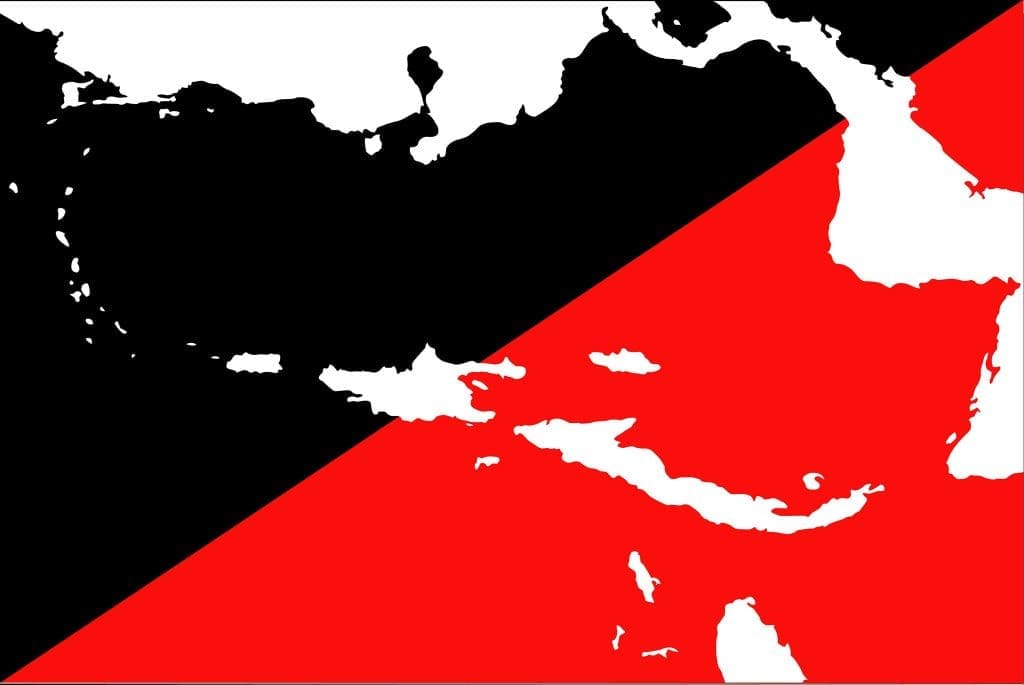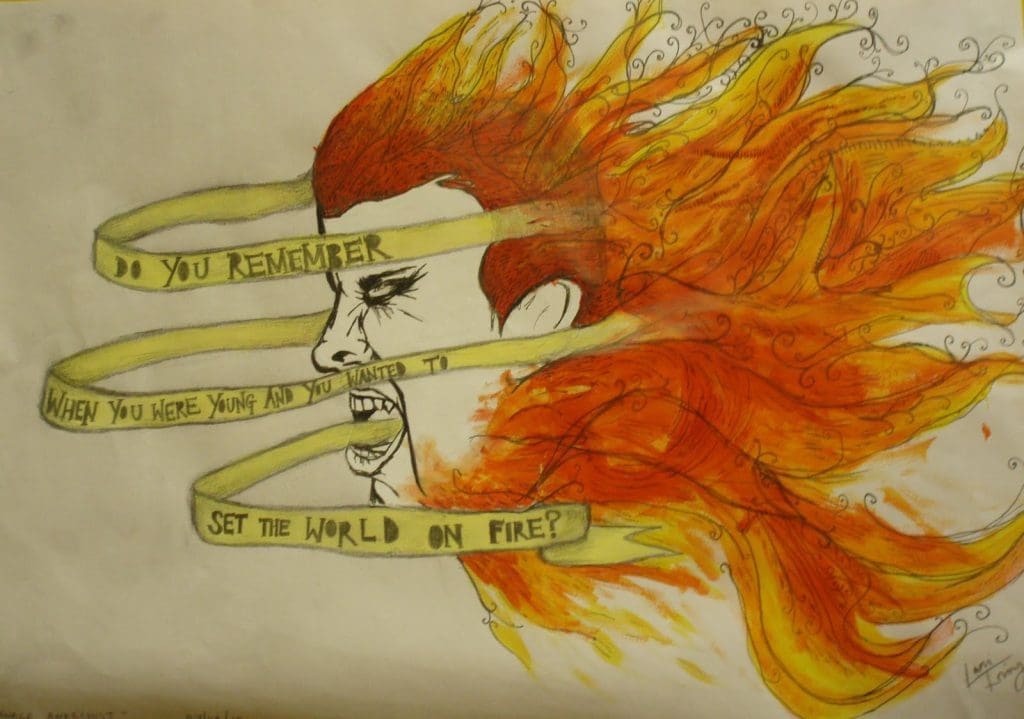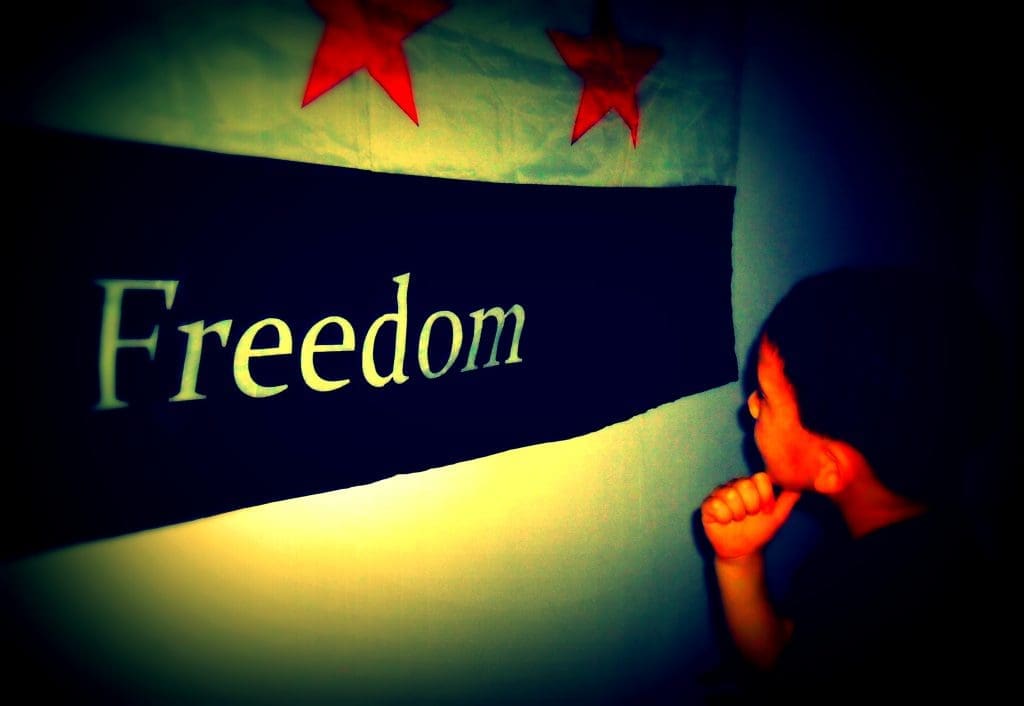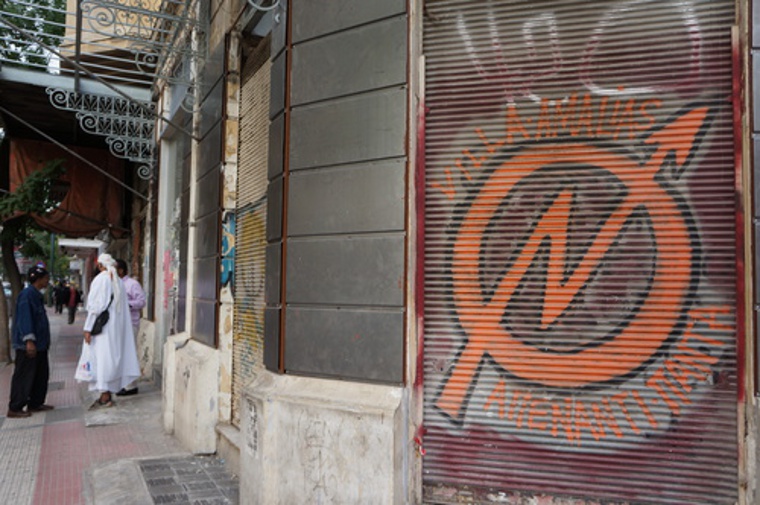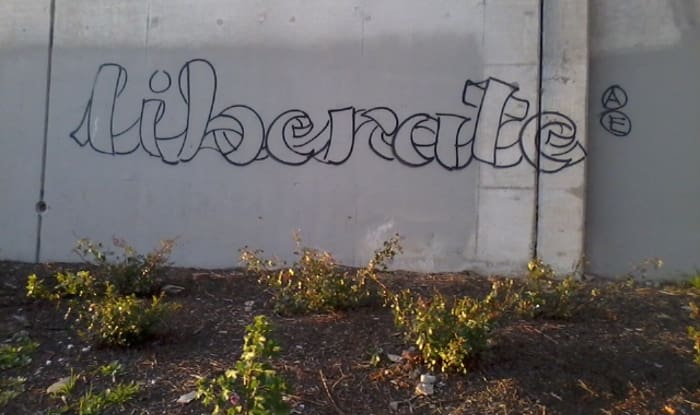On the Neoliberal and Militaristic “Madurization” of Chavismo
by the Anarchist Federation of Central America and the Caribbean
13 June 2017 (original post in Spanish)
Translation encountered on the Black Rose Anarchist Federation’s website
27 June 2017 (original post in English)
For us, as anarchists who live in lands adjacent to Venezuela, what is going on in that country doesn’t seem distant, nor is it indifferent to us. Our dependent economies have received for almost two decades the generous fuel subsidies from PetroCaribe agreements with Venezuela. That is why almost all the states and a large portion of the civil society actors of the Caribbean region now offer a complicit silence regarding the neoliberal, authoritarian, repressive, and militaristic apotheosis resulting from the government of Nicolás Maduro.
We will not deny the value of such agreements for our societies, but we will not turn a blind eye to the large contradictions on which these are founded. The international projection of the Bolivarian Revolution has favored sensitive sectors of our countries and we don’t ignore the benefits of the services developed under agreements like ALBA-TCP. But we are not only clients of governmental assistance, supporters of the unity of the region, or anti-imperialists; we also feel we are anti-authoritarians, anti-capitalists, anarchists, proletarian, and part of the people. Thus, we do not want to be accomplices of a silence paid in petroleum.
Our similarities and empathy are directed to the anonymous Venezuelan people who didn’t wait for “favorable objective conditions” and didn’t take seriously the so-called “End of History,” and who carried out the caracazo in 1989, the first big popular uprising in the world against the consummation of the neoliberal policies that would be later implemented everywhere else.
In the beginning of the 1990s when the Fifth Republic Movement [the political party formed to support Hugo Chávez’s run for president in 1998] appeared in the market of political representation, its spokespersons spared no praise and compliments for the rebellious and self-organized masses. But today, when Chavismo has reached its optimal maturation as a neoliberal, militaristic, and repressive system, those same masses are discredited with epithets such as “terrorist,” “criminal,” and “extreme rightists” — accusations that seek to hide the hideous mutation undertaken by all of the professionals of revolutionary politics in power.
We are with those who play a main role in the protests in popular neighborhoods such as El Valle, Coche, 23 de Enero, Baruta, and 5 de Julio in Petare, Caracas; with the general uprising carried out in the southern area of popular and working-class Valencia. Our hearts are in the occupations and recovery attempts in supermarkets, in the violent confrontations with the police in La Isabelica, San Blas, Los Cedros, los Guayos, Tocuyito, Estado Carabobo, which have been replicated in the States of Táchira, Mérida, Maracaibo, Barquisimeto, Falcón, testified by Venezuelan comrades related to our perspective of struggle.
We stand against the Bolivarian National Police, the Bolivarian National Guard, and the Bolivarian Service of Military Intelligence, which, even though they add the adjective “Bolivarian” to their names, remain an essential support for the authoritarian and murderous state. We stand against the paramilitary “collectives,” created through the Zamora Plan, fed by the degradation of the authentic popular movements of the nineties through the hand of bureaucracy and Chavista militarism. We stand against the violence of the media belonging to the opposition politicians, which only seek to agitate the polarization among the political machines in order to force a simple replacement of oppressors as an alleged way out of the current crisis.
We stand with the thousands of prisoners with no legal protection who are sent as terrorists to military courts and overcrowded jails. The Bolivarian Constitution of 1999 stipulates that military justice is confined to crimes of military nature, but as we can see, it’s just words on paper, just like all legal regulations if we talk about sustaining dominant interests.
We stand with the families of the dozens of deceased, most of them young people and more than a thousand injured. We stand with the student youth and the popular neighborhoods who have developed their own self-defense groups in the avenues and streets of the different barrios. We stand with those young people who, in Maracay, raised a sign which read “Neither MUD nor PSUV – we are the ones from below who come for the ones above,” because the situation cannot be solved with a change of government.
Chavismo’s Anti-Imperialist Fig Leaf
The anti-imperialism used by the Chavista media machine is a clumsy fig leaf that pretends to hide very concrete facts. Big vultures of the energy and megamining sectors (Chevron, Schlumberger, Halliburton, and Barrick Gold) already received juicy concessions for forty years in Venezuela, which will grant them a crucial leading role in the design of the new constitution. President Nicolás Maduro gave instructions to his mass media to avoid criticism of US president-elect Donald Trump, who he said was a “friend” and a “comrade.” Through the state corporation Citgo, Maduro granted half a million dollars to build a bridge for dialog with the new Yankee administration. The Venezuelan government has been paying, as a priority, the huge external debt of the country to international finance capital, and it remains a loyal member of the so-called National Council of Economic Productivity, whose ultimate expression is the intimate relation with the media oligopoly of the Cisneros Group, which in turn represents a warranty of support by most of the private mass media. This is a government that fits the Wall Street interests better every day, but does not want to stop being labeled as “Bolivarian,” “left wing,” and “anti-imperialist.”
This is, once again, about the frustrating limits of revolutions considered to be “national liberation,” “socialist,” “participatory,” “anti-imperialist,” etcetera, based on the fluctuations of the international prices of raw materials. This is again the crisis of “Saudi Venezuela,” now with a Bolivarian face, around which a sinister trail of hunger, community disintegration, the inability to develop autonomous livelihoods, existential chaos for millions of people, and violence among the ones below emerge again. And all of this is fostered by a combination of an oil-related nationalist obsession (“Venezuela as a power”), political clientelism, messianic warlordism, and a chauvinist cult of strong males capable of doing magic from the top of the power pyramid, and which has always inhibited popular solidarity, coexistence, fraternal work, and the celebration among those from below.
Peace Among Those From Below, Social Struggle Against Those Above
A constituent assembly will not be a solution to such serious and deep social, cultural, and psychological issues affecting our peoples. Among the toxic smoke, the terrifying fire of weapons, the actions of destruction and the stoking of popular violence, the neighborhood self-defense initiatives to confront the repressive forces, the thousands of injured, the deaths and sorrow for their loved ones, something emerges, and it’s much more subtle and liberating than a new constitution of the Venezuelan state. It’s something that ideologues of non-violence and votaries of pacifism don’t want to see: the practical possibility of an experience-based, intellectual comprehension about who our enemies and who our allies are in the struggle for a life free from oppression, which allows peace among those from below and continuing social struggle against those above and their accomplices.
Whoever is in power in Venezuela in the immediate future, Chavista or anti-Chavista, will have no other choice than reforming the path of the “economic package” established during the government of Carlos Andrés Pérez in 1989 and instructed by the IMF, which is the proven formula to save expenses in domination and keep afloat what’s essential for the state: its core of pyramidal corruption, authoritarianism, militarism, and repression for those from below. Behind Venezuela, the governments of our region will follow the same path with slightly different rhythms and dynamics. If we showed support now for whichever Venezuelan government is in office, it would be an announced act of betrayal against our comrades and ourselves.
Neither PSUV nor MUD! Neighborhood, working-class, and popular organization!
The struggle continues!
—Federación Anarquista de Centro américa y el Caribe, Communications Committee
Further reading: For a deeper examination of Venezuela’s process of social transformation, popular struggles and contradictions under Chavismo, PSUV, and Maduro, the Black Rose Anarchist Federation recommends this December 2016 article.

